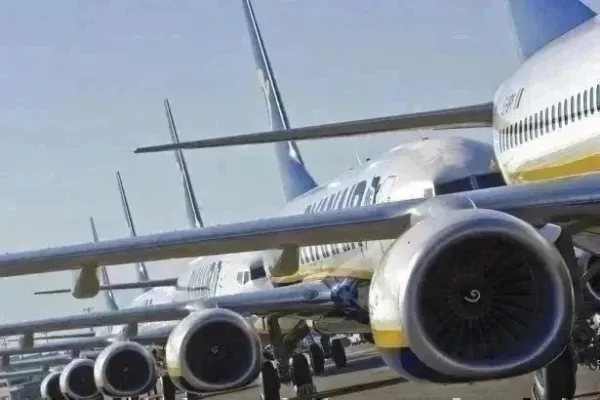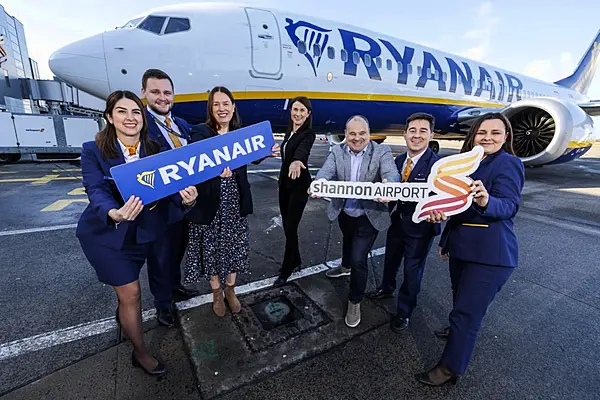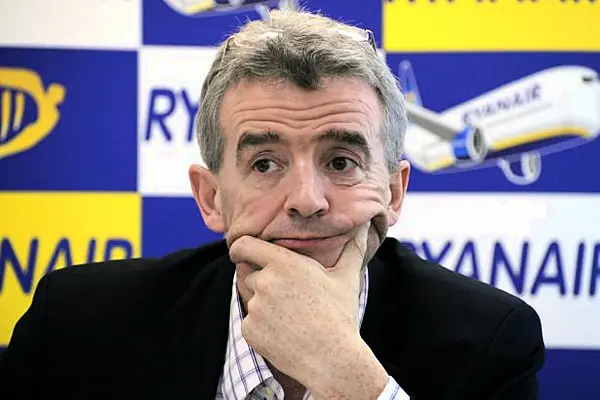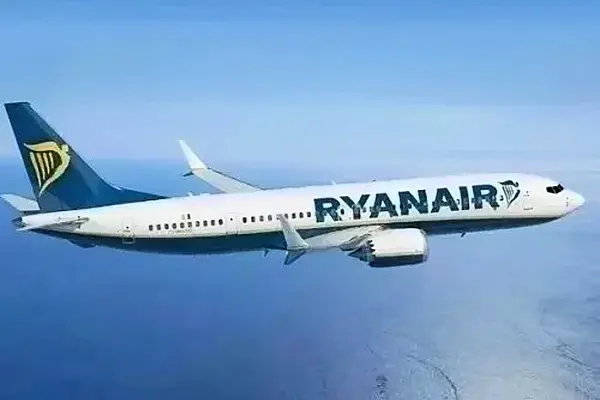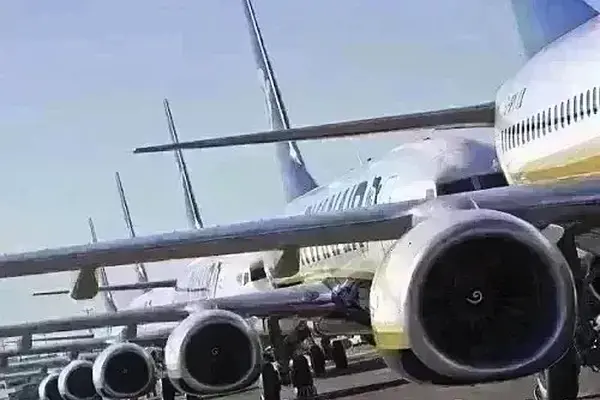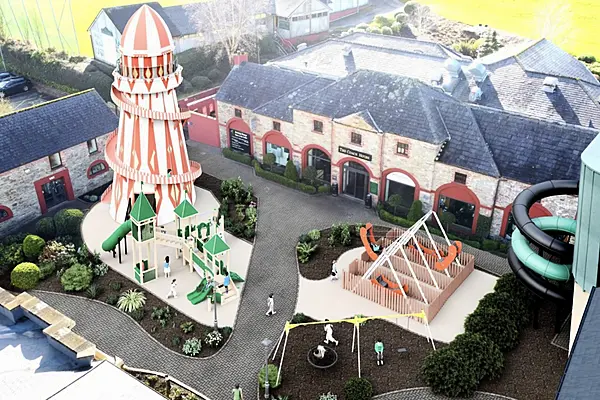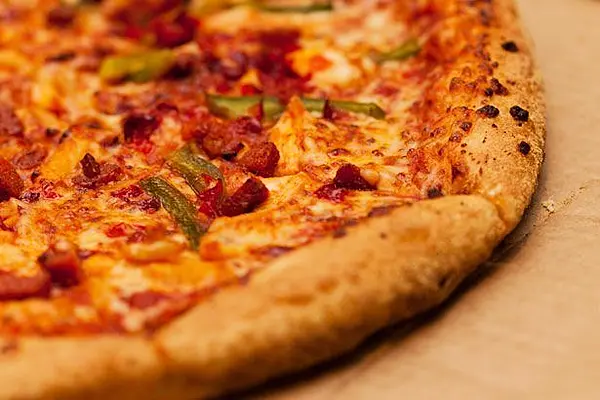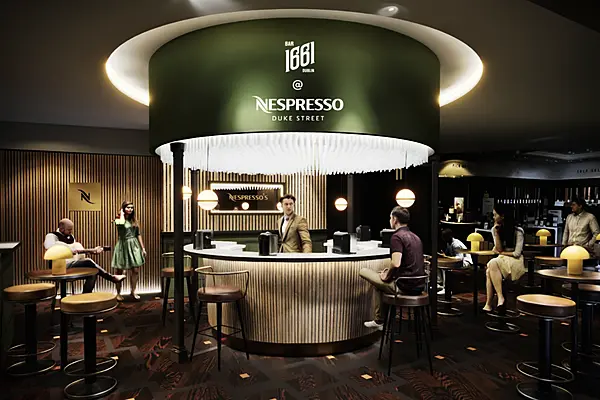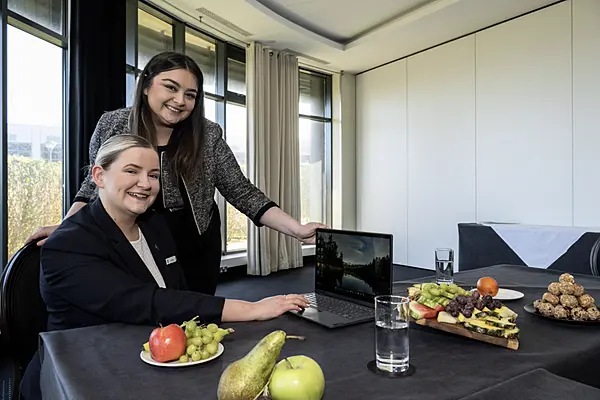Ryanair RYA.I is requiring South African passengers to prove their nationality before travelling by completing a test in Afrikaans, a language used by just 12% of the population that has long been identified with apartheid and the white minority.
Details
Europe's largest airline by passenger numbers, which does not operate flights to and from South Africa, said it required any UK-bound passengers from the country to fill in the "simple questionnaire" due to what it described as a high prevalence of fraudulent South African passports.
"If they are unable to complete this questionnaire, they will be refused travel and issued with a full refund," a spokesman for the Irish airline said.
South Africa's Home Affairs department, which has warned of syndicates selling fake passports, said it would issue a statement on the Ryanair test.
The UK High Commission in South Africa said on Twitter that the Ryanair test was not a British government requirement to enter the United Kingdom. The Irish High Commission did not immediately respond to a request for comment.
The low cost carrier said the test would apply to any South African passport holder flying to Britain from another part of Europe on the carrier. The airline did not immediately respond to a query about why it would apply to those routes, given Britain says it is not a requirement.
Zinhle Novazi, a South African attorney, faced the test when travelling by Ryanair from Ibiza, Spain, to London on May 29.
Some of the questions include naming the highest mountain in South Africa, its largest city and one national holiday.
"I was able to answer the questions," said Novazi, who learnt Afrikaans in school but is not a native speaker of the language. She was then allowed to board the plane.
Novazi wrote to South Africa's Department of International Relations and Cooperation on June 1 but has not received a response.
The department did not respond to a request for comment.
The test triggered a backlash from South Africans in Johannesburg.
"It's very discriminatory to a whole host of South Africans who don't speak Afrikaans," Siphiwe Gwala told Reuters.
"They're using this (test) in a manner that is utterly absurd," Conrad Steenkamp, the chief executive officer of the Afrikaans Language Council, said.
Afrikaans is the third most spoken of 11 official languages in South Africa, used by 12% of the 58 million people in the country. It has long been identified with the ideology of apartheid andwas considered the official language until the end of apartheid in 1994.
South Africa "Taken Aback" By Ryanair's Afrikaans Test To Prove Nationality
The above news was followed by news that the South African government said on Tuesday 7 June that it was taken aback by Ryanair's RYA.I decision to force UK-bound travelers holding the country's passport to take a test in Afrikaans language to prove nationality, calling the move a "backward profiling system".
The Irish low cost airline had from last week started forcing UK-bound travelers with a South African passport to take a test in Afrikaans, a language spoken by just 12% of the country's population and often associated with the apartheid and white minority rule.
Europe's largest airline by passenger numbers, which does not operate flights to and from South Africa, had cited that it was doing this to curb high prevalence of fake South African passports.
The Department of Home Affairs in South Africa said the local government had measures that it regularly shares with airlines to curb any instances of fake documents.
"We are taken aback by the decision of this airline because the Department regularly communicates with all airlines to update them on how to validate South African passports, including the look and feel," the department said.
All airlines have access to the 'Advanced Passenger Processing' system which enables them to screen travelers before they depart and the government also runs a 24-hour service which airlines can use if they want to authenticate South African passports, it said.
"It is not clear to which extent the airline has used these services before resorting to this backward profiling system."
News by Reuters, edited by Hospitality Ireland. Click subscribe to sign up for the Hospitality Ireland print edition.
